As the clock ticks closer to July 1, 2026, a looming deadline is casting a shadow over the Public Service Loan Forgiveness program, a lifeline for thousands of public workers who have dedicated their careers to serving their communities. The program, created by Congress in 2007, was designed to cancel the federal student loan debts of borrowers who spend a decade working in public service. But now, a lawsuit alleges that the Trump administration plans to deny loan forgiveness to workers whose employers engage in activities with a "substantial illegal purpose," a change that could have far-reaching consequences for cities and towns across the country.
The cities of Albuquerque, N.M., Boston, Chicago, and San Francisco are among the plaintiffs in the lawsuit, which also includes the nation's two largest teachers unions and the American Federation of State, County and Municipal Employees. The lawsuit comes on the heels of a rule change published by the U.S. Department of Education, which would allow the department to deny loan forgiveness to workers whose employers engage in activities with a "substantial illegal purpose."
The rule change has sparked outrage among public workers and their unions, who argue that it is an attempt to undermine the program and punish workers for the actions of their employers. "This is a clear attempt to politicize the Public Service Loan Forgiveness program and use it as a tool to punish cities and towns that are trying to do the right thing," said Randi Weingarten, president of the American Federation of Teachers.
The lawsuit alleges that the rule change is arbitrary and capricious, and that it would unfairly deny loan forgiveness to workers who have dedicated their careers to public service. "The Public Service Loan Forgiveness program was created to reward public servants who have dedicated their careers to serving their communities," said Weingarten. "This rule change would turn that on its head and punish workers for the actions of their employers."
The rule change has also raised concerns among experts, who argue that it is unclear how the department would define "substantial illegal purpose." "This is a very vague and subjective standard," said Betsy Mayotte, executive director of the Student Loan Protection Agency. "It's unclear how the department would determine what constitutes a 'substantial illegal purpose,' and it's likely that this would lead to a lot of confusion and uncertainty for borrowers."
The lawsuit is just the latest development in a long-running battle over the Public Service Loan Forgiveness program. The program has been plagued by delays and bureaucratic red tape, and many borrowers have reported difficulty in getting their loans forgiven. In 2019, the U.S. Department of Education announced that it would forgive the loans of over 300,000 borrowers who had been denied loan forgiveness due to technicalities.
Despite the challenges, the Public Service Loan Forgiveness program remains a vital lifeline for thousands of public workers who have dedicated their careers to serving their communities. As the lawsuit makes its way through the courts, one thing is clear: the future of the program hangs in the balance, and the consequences of the rule change could be far-reaching.
In the end, the outcome of the lawsuit will depend on the courts, but one thing is certain: the Public Service Loan Forgiveness program is at a crossroads, and the fate of thousands of public workers hangs in the balance. As the clock ticks closer to July 1, 2026, one thing is clear: the future of the program is uncertain, and the consequences of the rule change could be far-reaching.
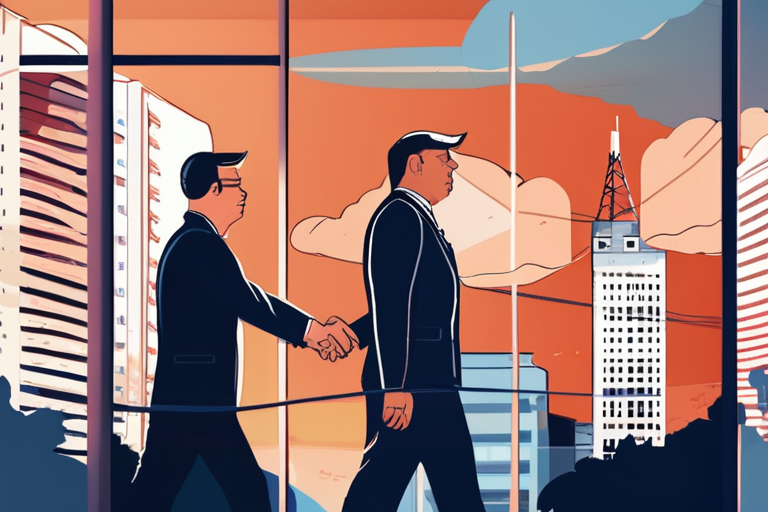


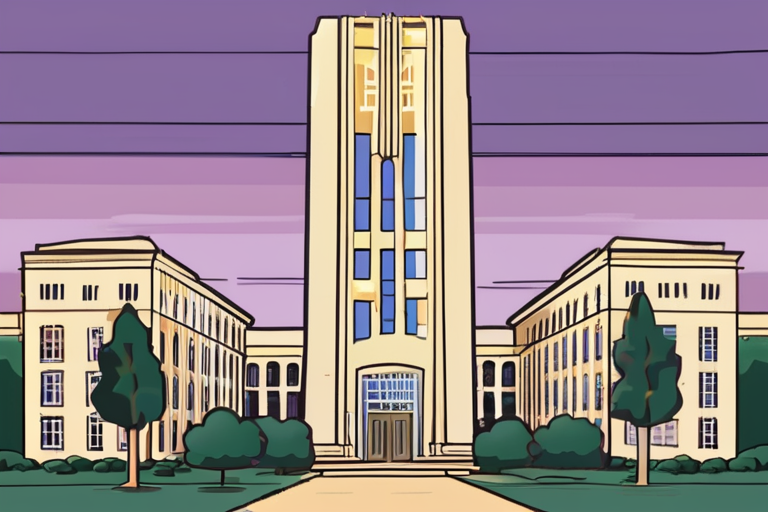
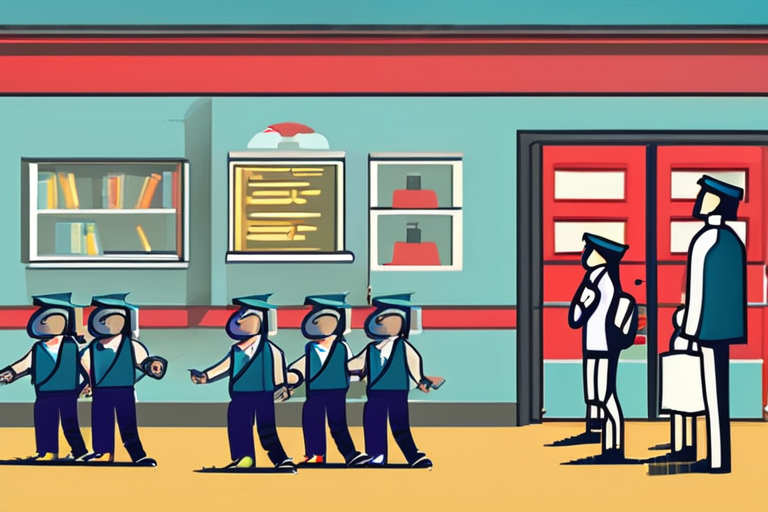
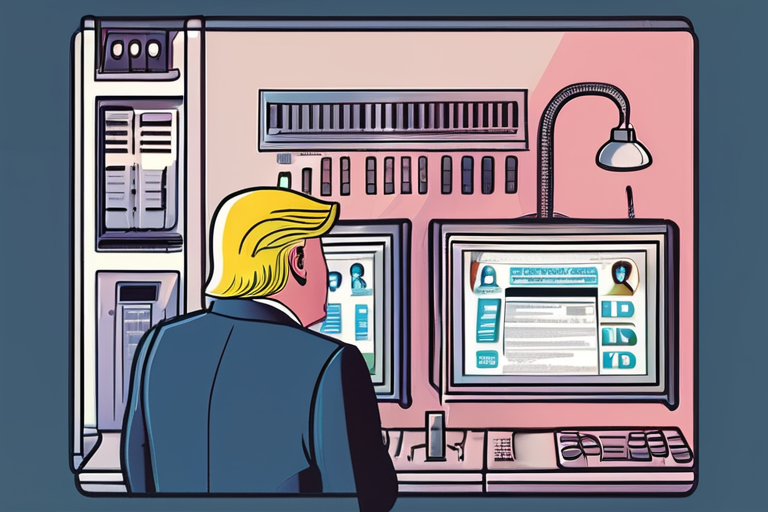
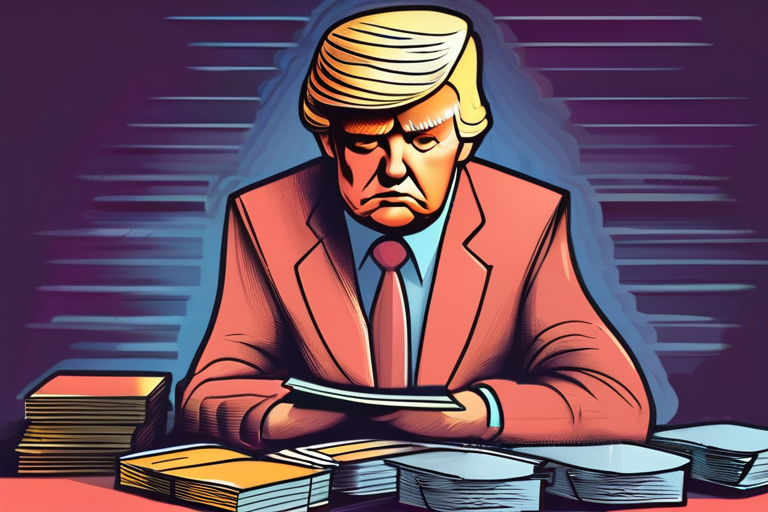
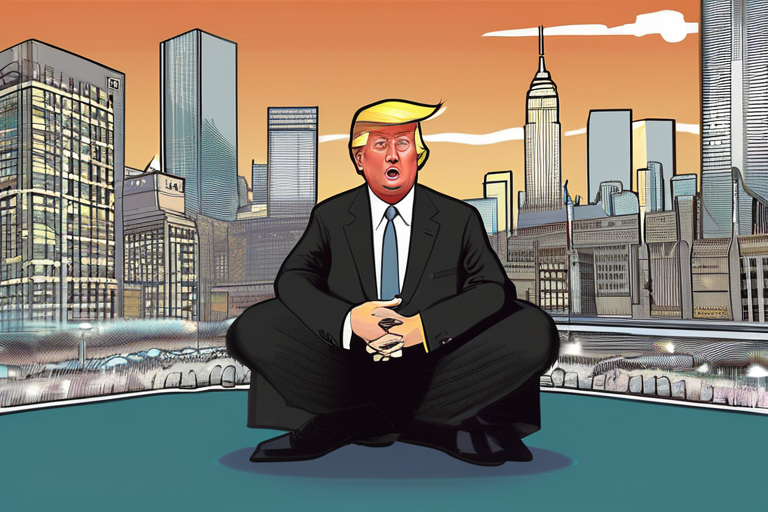
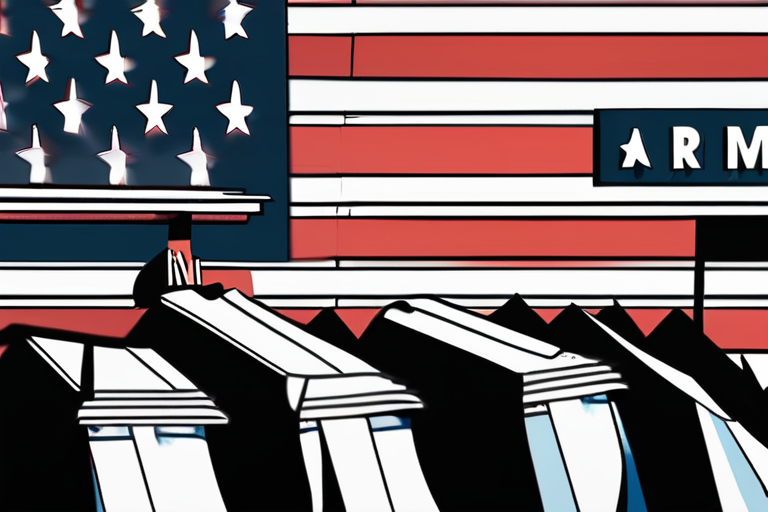
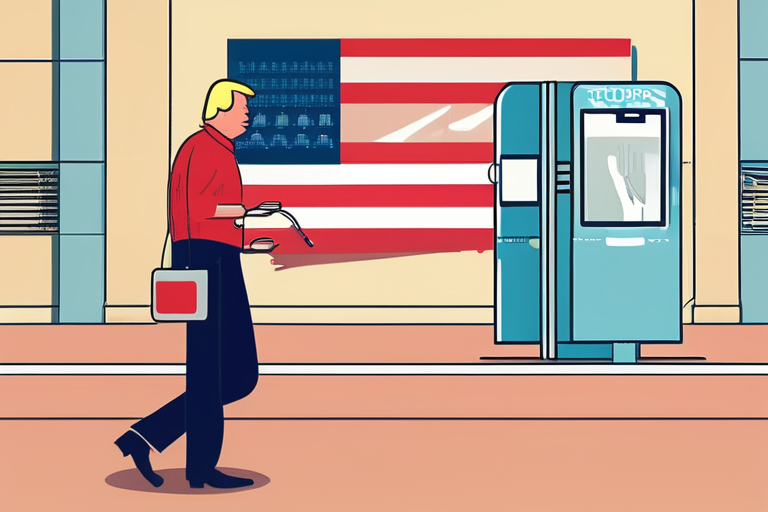
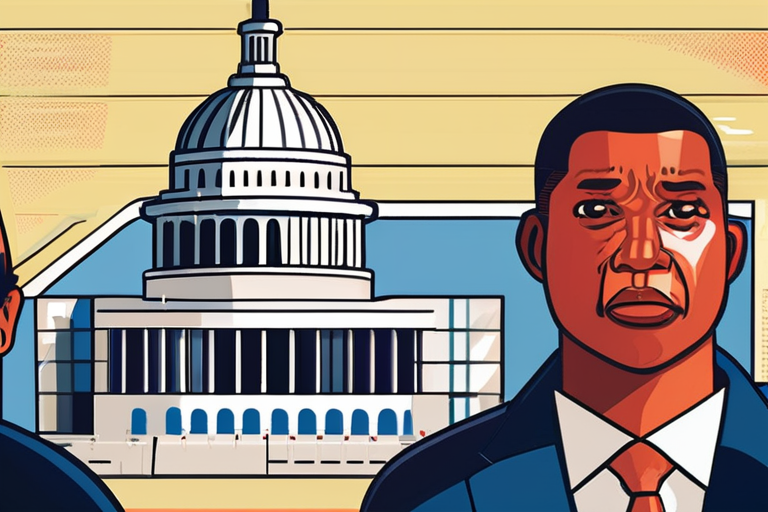
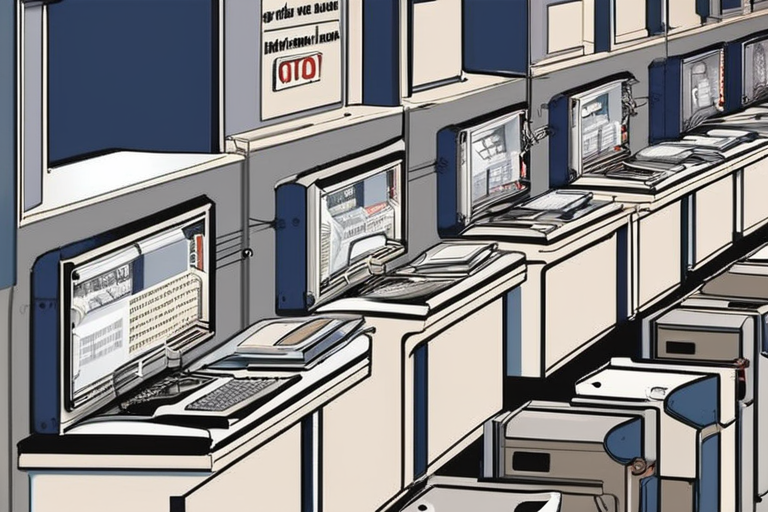

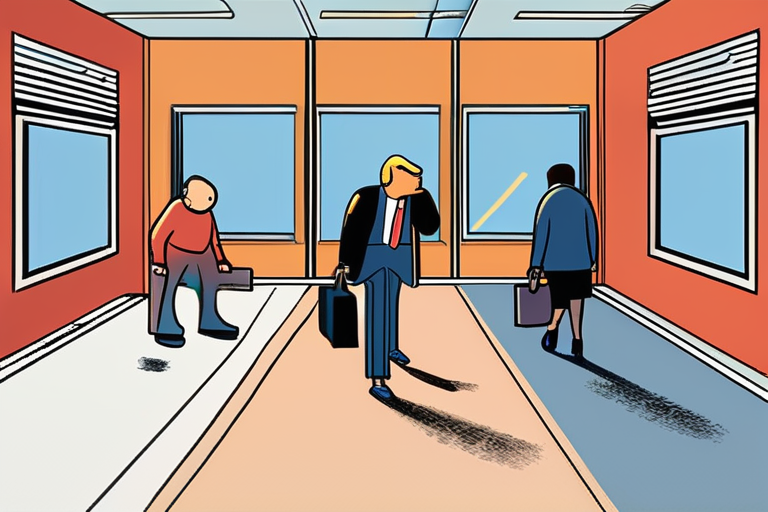
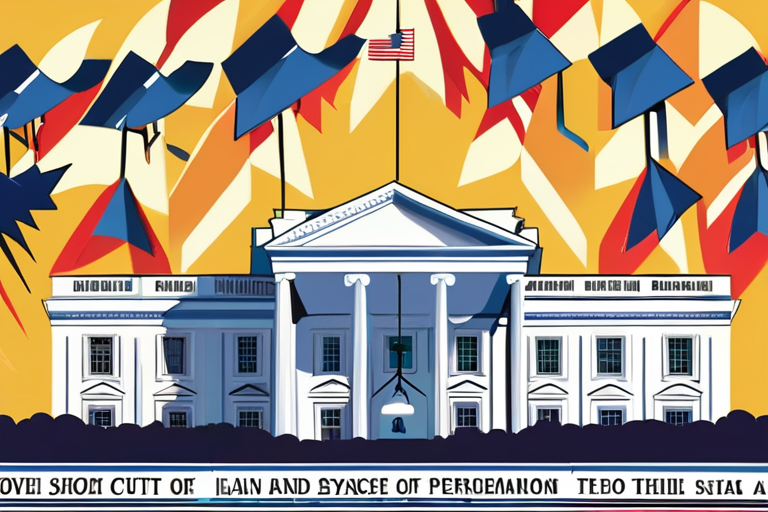
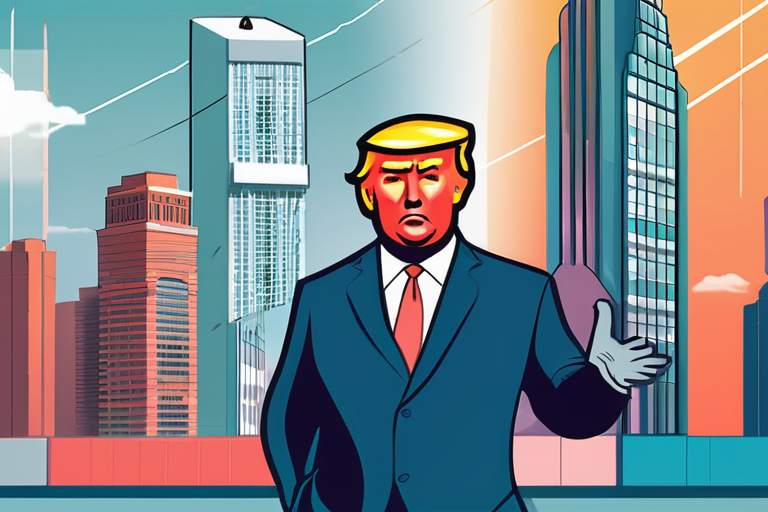
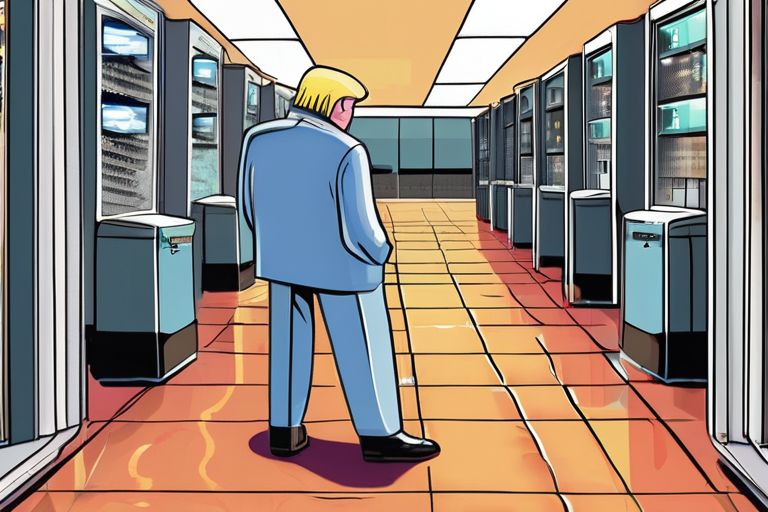
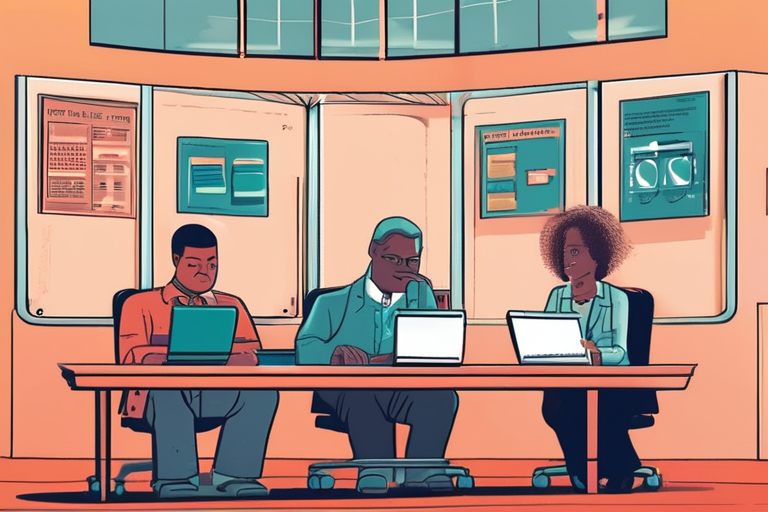
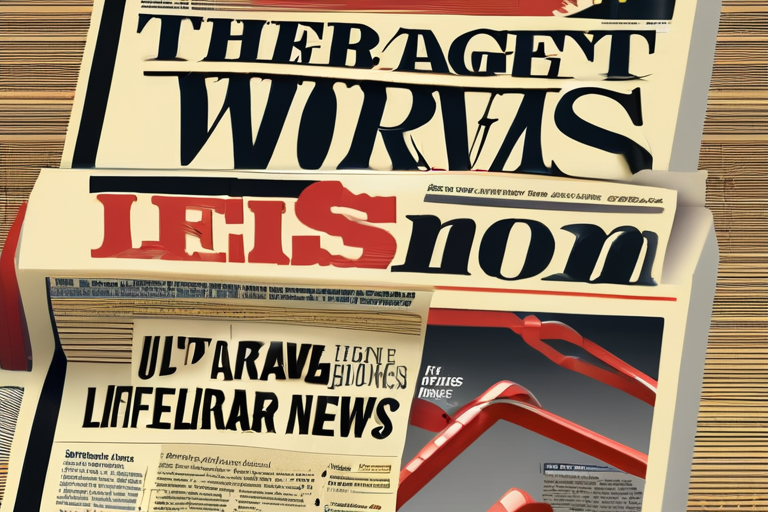

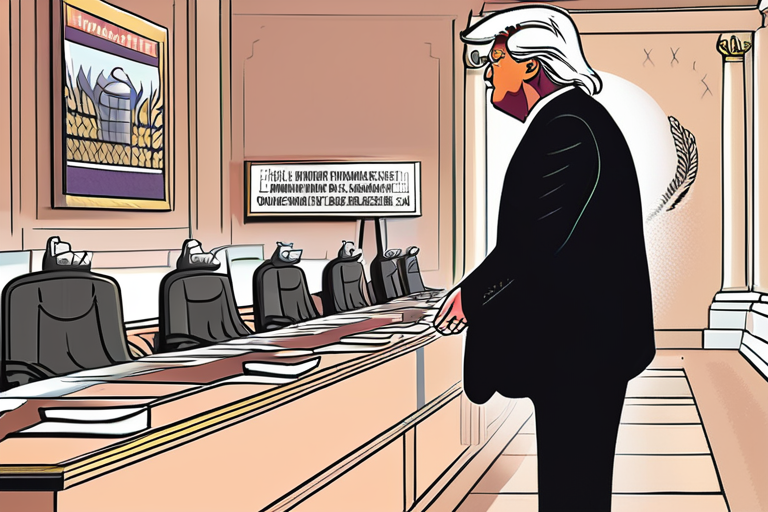
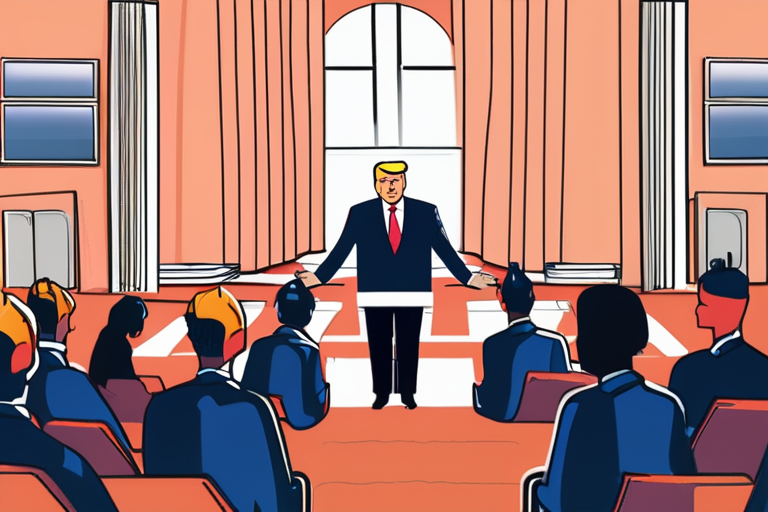
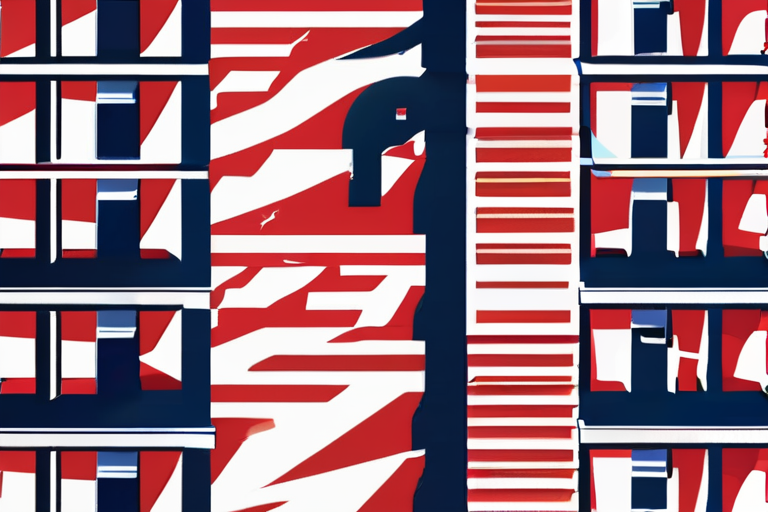
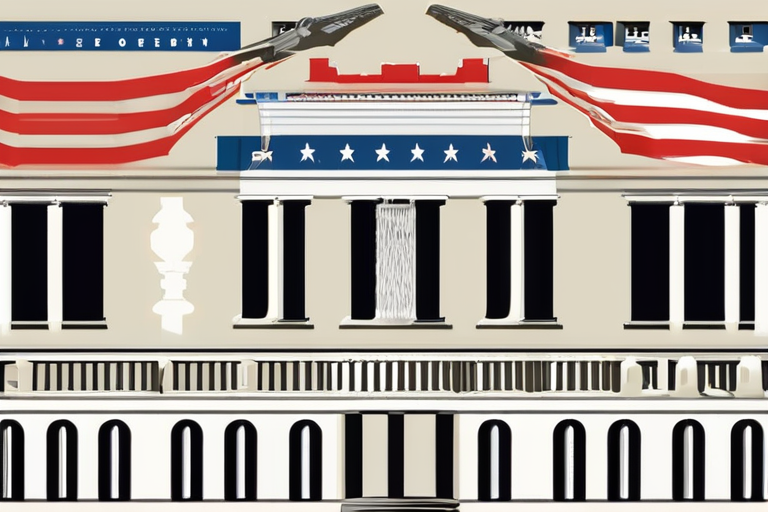
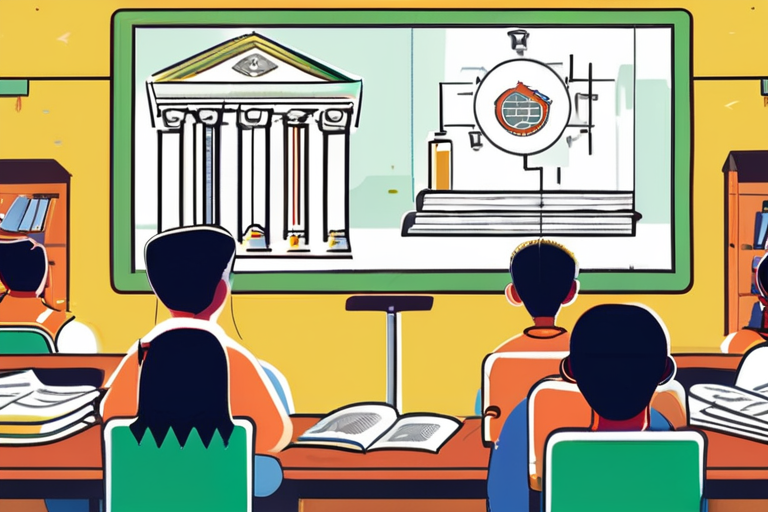
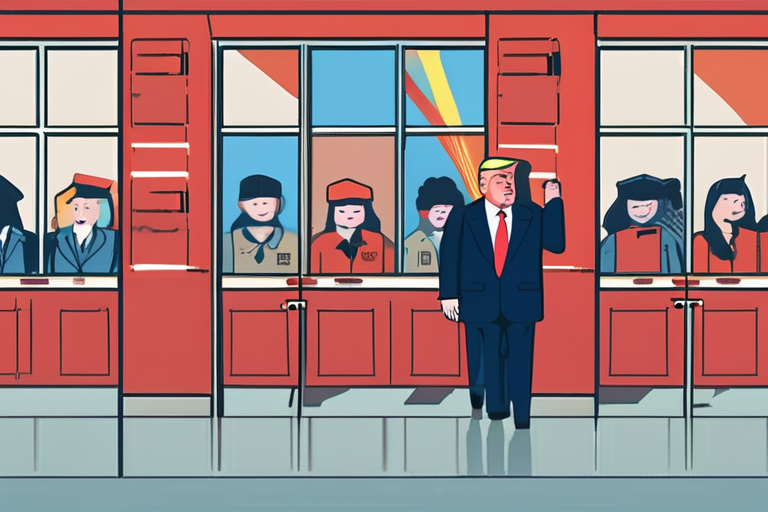
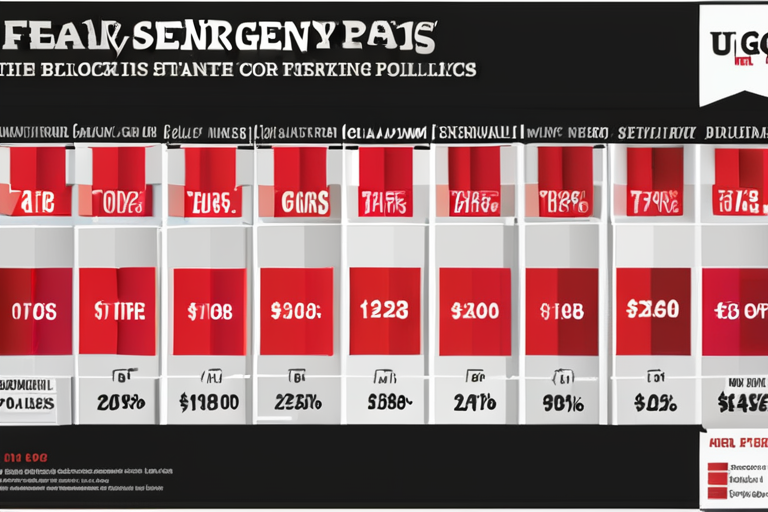
Share & Engage Share
Share this article